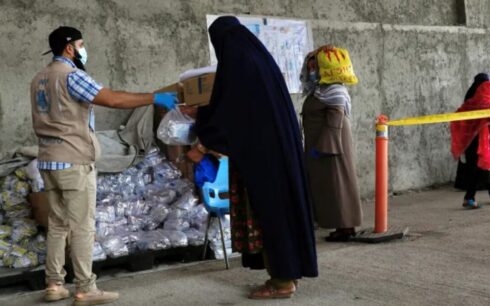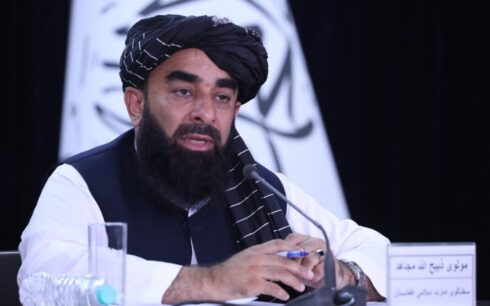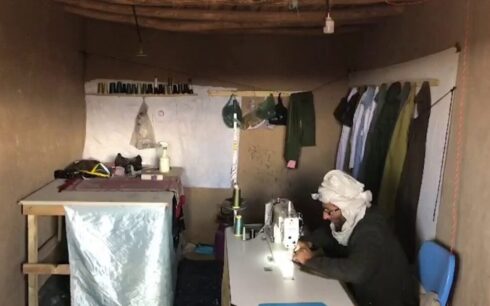KABUL, Afghanistan — Afghanistan continues to struggle with severe economic and humanitarian challenges as global growth stagnates, according to the latest Global Economic Prospects report from the World Bank. The nation, classified as a low-income economy (LIC), faces compounded difficulties stemming from internal fragility, high unemployment, and limited access to global markets, the report says.
The report highlights a stark picture for Afghanistan, where food insecurity and poverty are worsening. Economic growth, projected to rise to 5.7 percent in 2025 for LICs, remains uncertain for Afghanistan due to persistent instability. The World Bank cited high levels of conflict and fragile governance as key obstacles to recovery.
“Food insecurity is one of the most pressing challenges for LICs like Afghanistan,” the report noted, adding that rising global food prices and disrupted trade have further strained the country’s fragile economy.
A separate survey by Lawrence Technical University in the United States revealed alarming statistics: nine out of ten Afghan households have faced hunger in the three years since U.S. troops withdrew. Additionally, 84 percent of respondents reported lacking access to healthcare, and 85 percent said they had experienced violence or threats.
The survey also underscored the psychological toll of Afghanistan’s deteriorating conditions. “There is no work,” said Mohammad, a resident of Badghis province. “We stand on the roadside day and night hoping for jobs, but nothing comes.”
In Herat, another resident, Sayed Ahmad, echoed similar struggles. “Food prices have skyrocketed—rice, oil, everything is beyond our reach,” he said.
Afghanistan remains the second-most aid-dependent nation globally, after Sudan, according to Andriga Ratoute, a United Nations official in Afghanistan. Speaking at a coordination meeting between the Taliban and U.N. agencies, she said 22.9 million Afghans are in urgent need of humanitarian assistance.
“The humanitarian and development needs remain critical,” Ms. Ratoute said, urging global donors to scale up their efforts.
Adding to the urgency, President Biden extended the “national emergency” designation for Afghanistan this week, citing the extraordinary threats posed by the country’s humanitarian and economic crises. The move reflects Washington’s concerns about the potential collapse of Afghanistan’s fragile economy and its impact on regional stability.
Despite the grim outlook, the World Bank identified potential opportunities for Afghanistan to chart a path to recovery. Investments in infrastructure and human capital, combined with stronger regional trade ties, could unlock the country’s economic potential. However, the report emphasized that such progress hinges on sustained peace, effective governance, and substantial international support.





